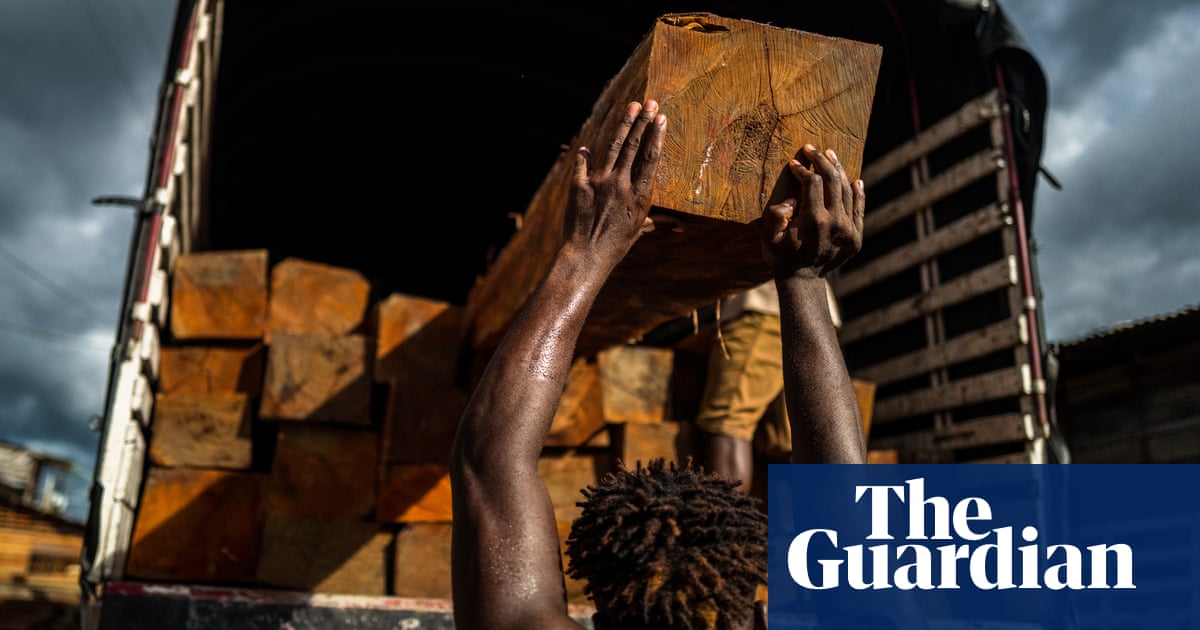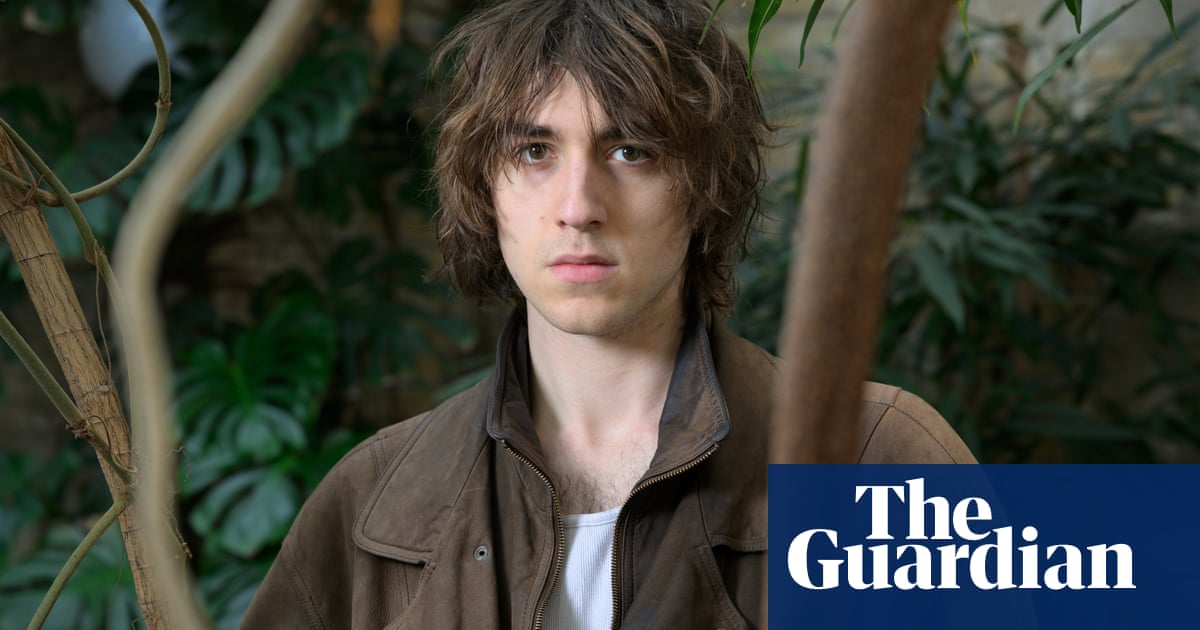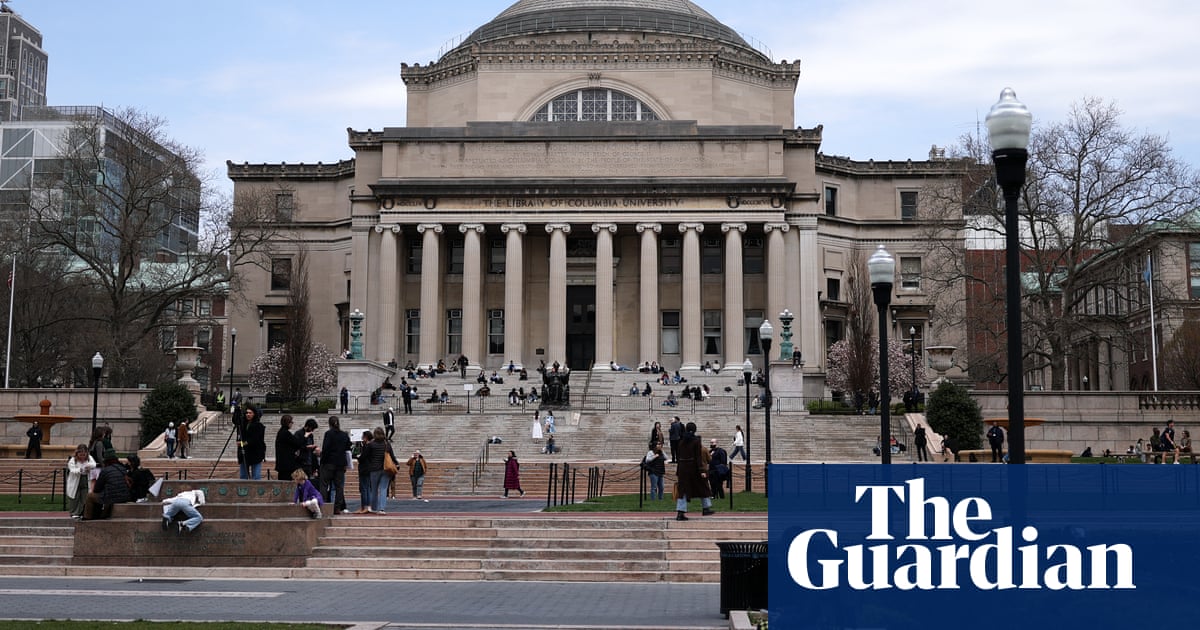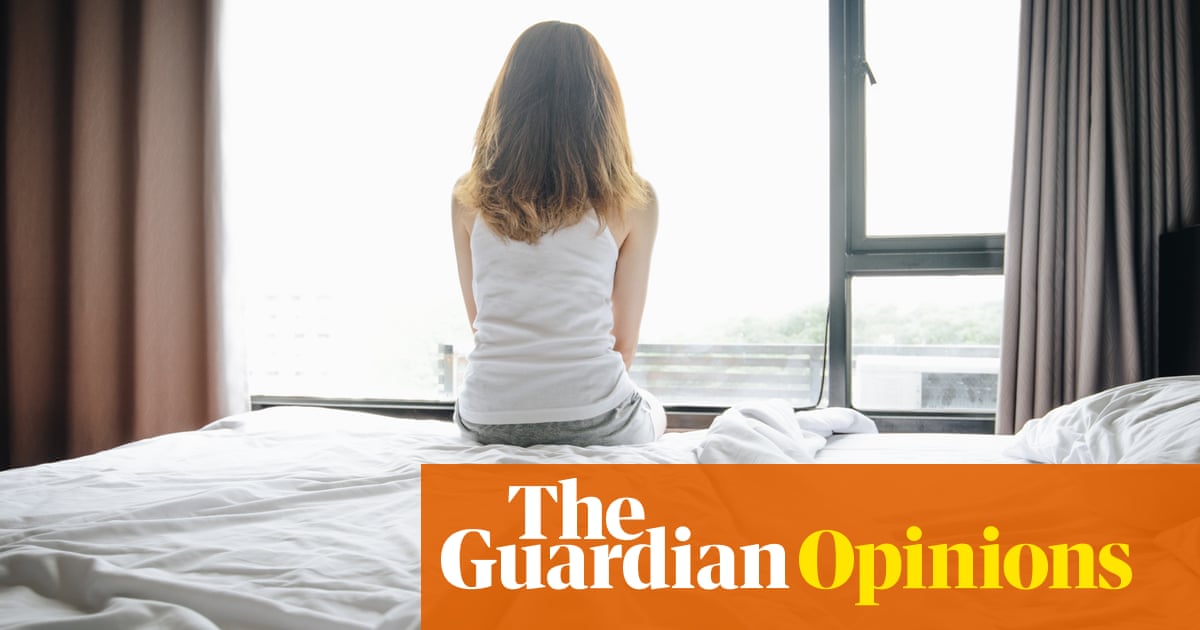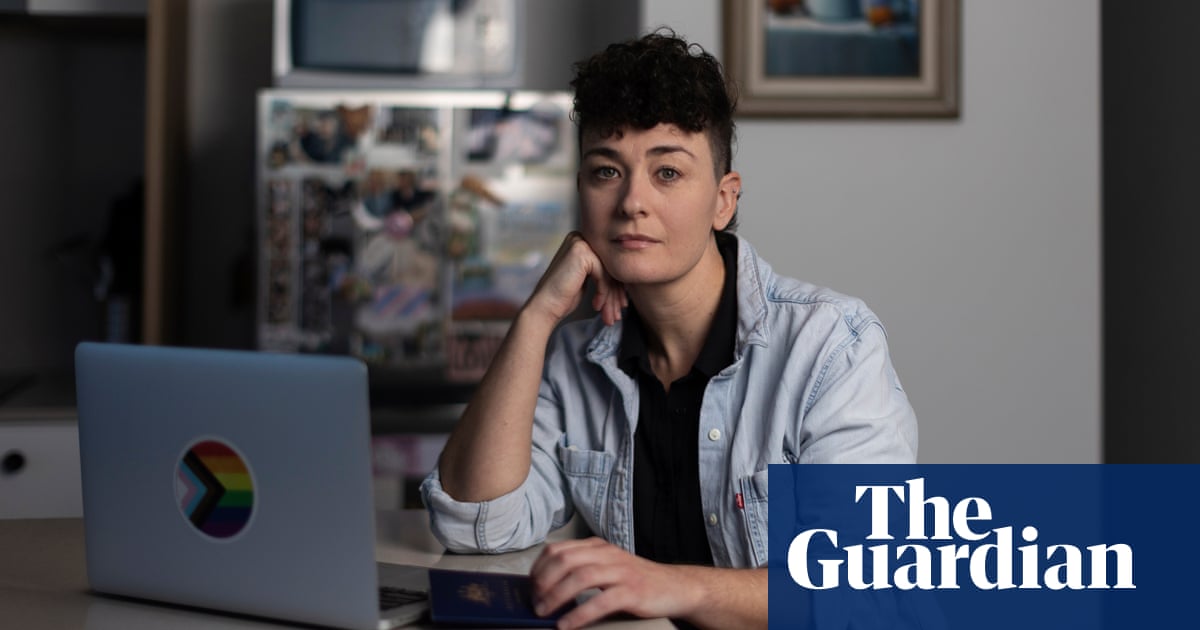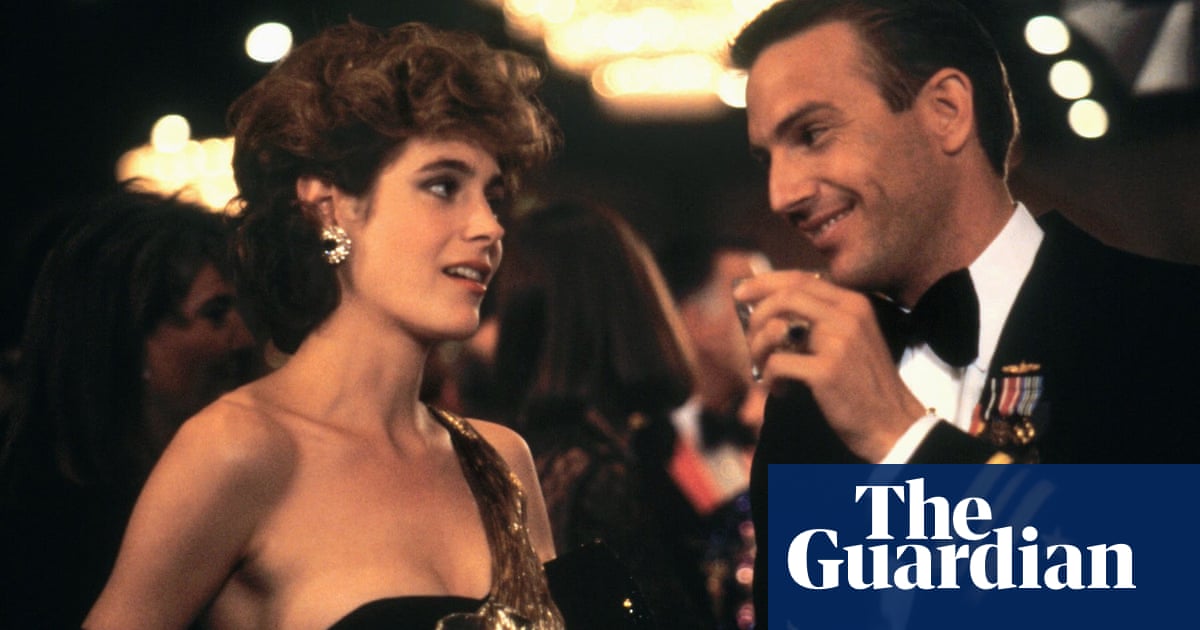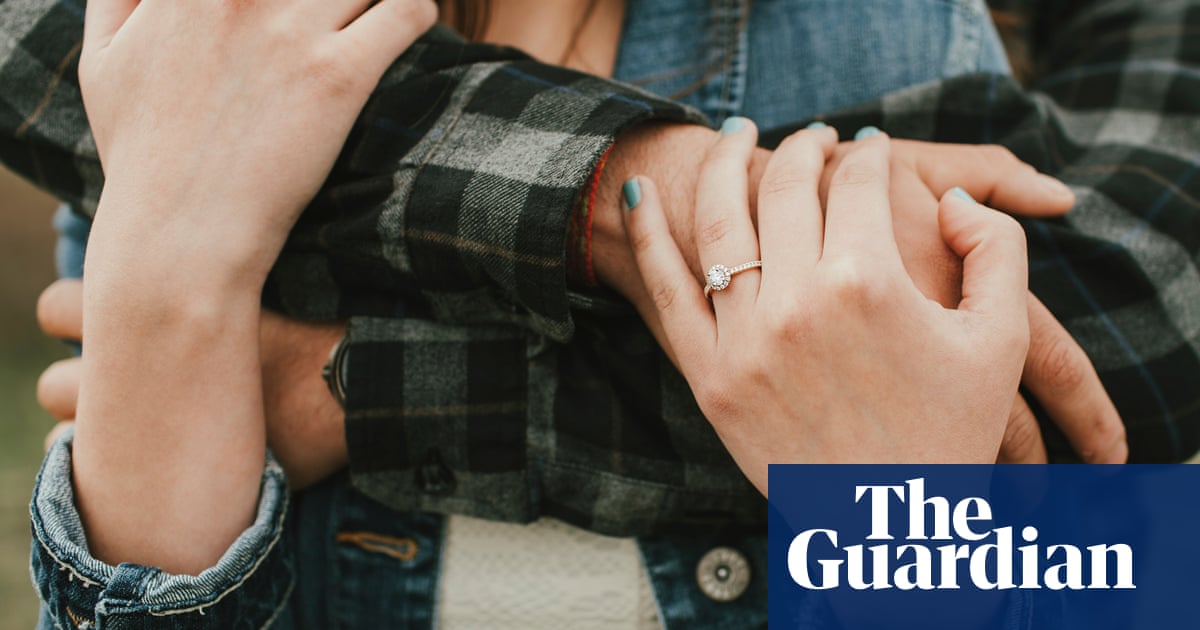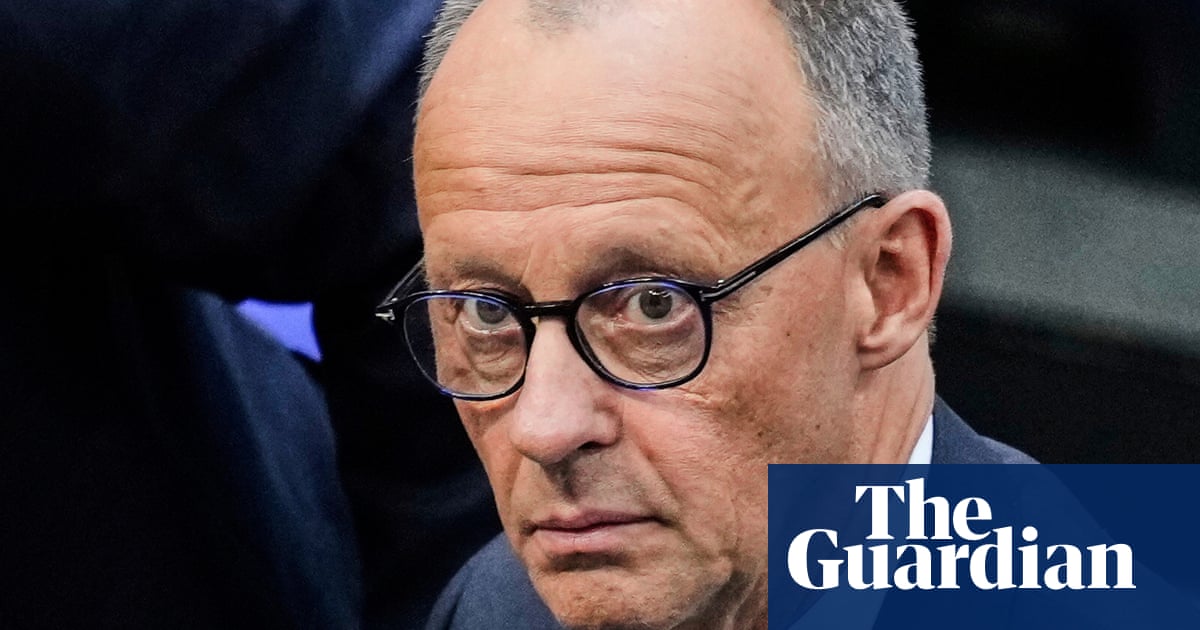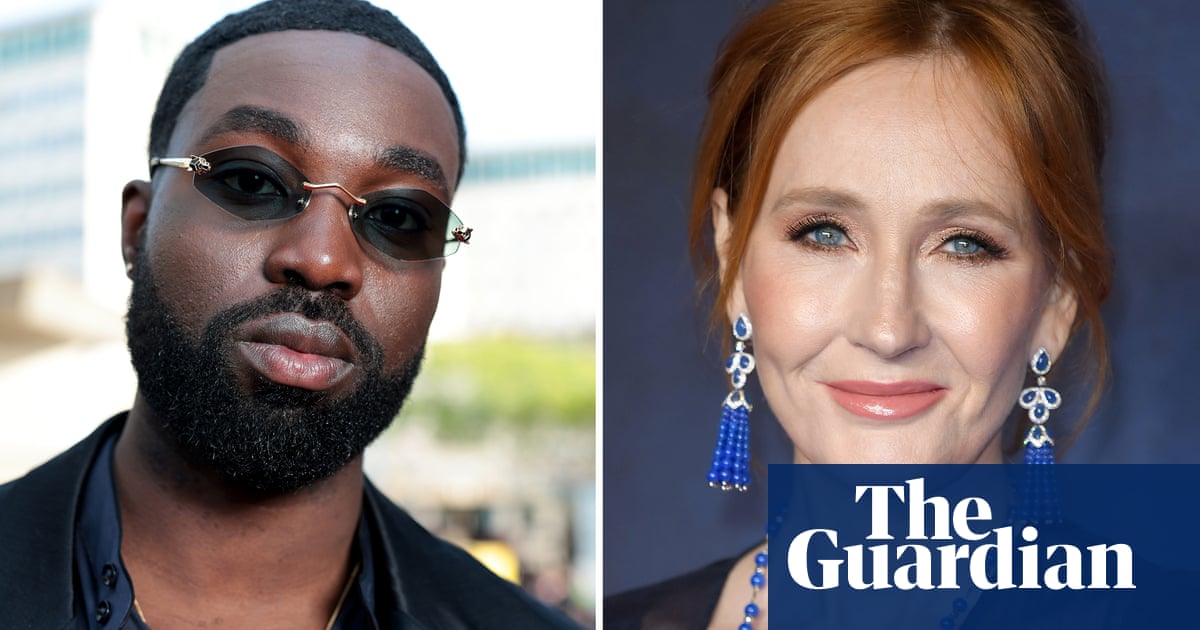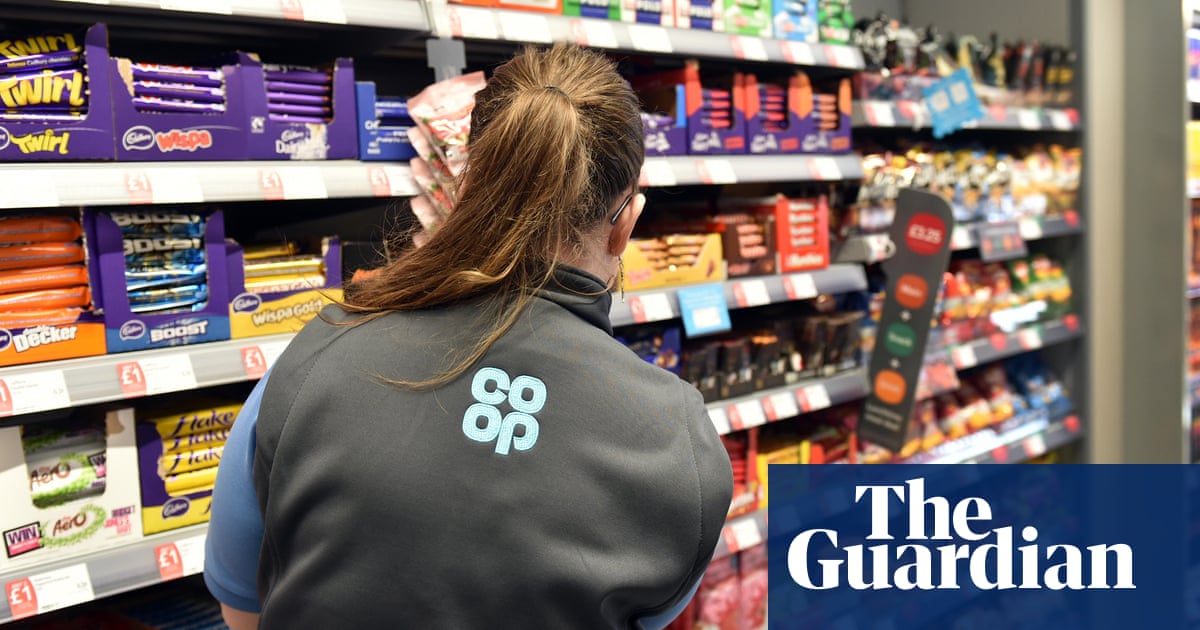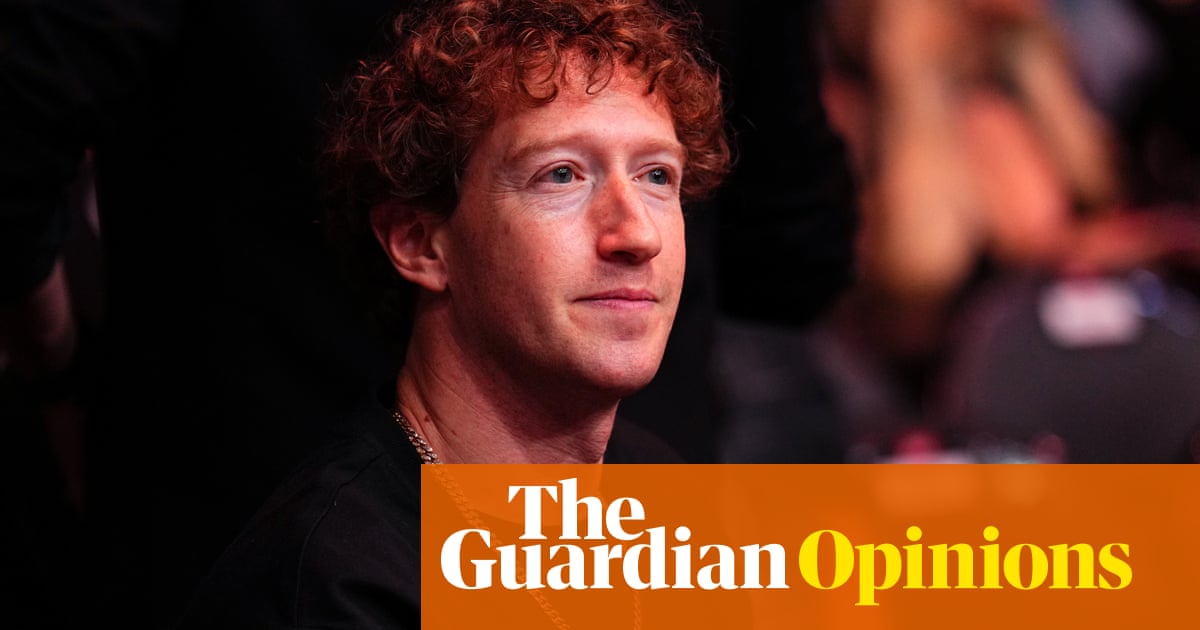The light in the bookstore bathroom was dim. Even so, I could see the blood on the toilet paper. I wiped some more to make sure I wasn’t just seeing things, and then I stood up, grabbing on to the porcelain sink so I wouldn’t fall.
Suddenly, I understood. I didn’t want to lose my baby. I wanted to be this baby’s mother more than anything I’d ever wanted in the world. I would do anything in my power to keep it alive. The trouble: there wasn’t much I could do.
A few more minutes passed, and then I slowly made my way out of the store and on to the street. Out on the sidewalk, I closed my eyes. I took a breath. Opened my eyes. The ground was still firm beneath my feet. I wasn’t in pain. I could inhale and exhale. I’m going to be a mother, I told myself. I’m going to be a mother.
That’s when I texted my fiance, Rob, and told him about the blood. “Come home,” he wrote back quickly.
“Everything is OK,” he said when I walked in, stepping forward and holding my cheeks gently between his palms. “Why don’t you call the doctor?” So I did. I no longer could think for myself. I was a robot.
It was nine at night and the doctor wasn’t in the office. I called the answering service and told the woman on the other end what was wrong. I heard her typing and I thought: can’t you just get the doctor?
The woman’s voice sounded unfazed. Like she was just trying to get through her shift. “The doctor will call you back,” she finally said.
“Call me back?” It came out like a shriek. Rob’s hand was on my back. “When? How long? Don’t you understand? I don’t want my baby to die.”
The next thing I remember: the doctor was on the phone, calmly asking me questions. How much blood is there? What color is it? Does the blood fill one pad per hour?
“I don’t know, I don’t know,” I said. Then, inanely, “I’m sure it’s nothing.” I’m still not sure why I said this. My mind was chattering so hard that words were just coming out of my mouth.
“It’s fine, this is my job.” The doctor’s voice was kind. “Blood is normal. Twenty per cent of women experience spotting in the first trimester. Put on a pad, and if you fill it up within an hour then call me back. Do not hesitate. In the meantime, try and get some rest.”
After I hung up, I cried into Rob’s shoulder. I was sure our baby would die, and it would be all my fault.
It’s not like I didn’t know how I’d gotten here. A year and a half after Evan’s and my marriage dissolved, I met Rob. Both of us were still fragile from our divorces. So fragile, in fact, that when we first got together, we called our exes “ghosts” because of the way they haunted our budding relationship. The other thing that haunted our relationship? My sudden certainty that I wanted a baby. Now.
Rob was on board, but his timeline was different from mine. As in, he didn’t have one. Eventually, though, we came to an agreement, and I stupidly assumed that once we got on the same page about when to have a kid it would all be smooth sailing.
Now I was 42 and pregnant, and having a full-blown panic attack. It wasn’t just that I was certain we’d lose this baby. I was certain our child’s death would be my punishment: for aborting the baby I got pregnant with when I was 17, for previously marrying someone who didn’t want kids to prove to myself and the world that I was lovable, for traveling and pursuing my career and having adventures and believing I could be anything I wanted to be, all on my own timeline.
I didn’t always know I wanted a child. In fact, I spent most of my life thinking I didn’t. But not long after my wedding to Evan, I sat across from my therapist and said the truest thing I knew at that moment: “This whole baby question is driving me nuts.”
“Well,” she said. “On a scale of one to 100, how badly do you want a baby?”
I thought about it for a few seconds, letting my breath fill my body and then relaxing as the air pushed its way out of my nose.
“The honest answer is 55%.”
Apparently I wanted a baby a teensy-weensy bit more than I didn’t want a baby. No amount of analyzing or contemplation, books or talks with friends moved the needle significantly on that 55%. I’d made pros and cons lists. My conclusion was that there were lots of good reasons to have a baby, and lots of good reasons not to. The best I could muster was that I wanted a baby slightly more than I didn’t.
“There you go,” she said, smiling, as if that’s all I needed to know.
But was that all I needed to know? Why had I internalized that I needed to be all-in to be a mother then?
I’d spent my whole life hesitating before choosing motherhood because, let’s be real, I was told that a mother’s life happens in a distant galaxy from a life without kids – one where I would be exhausted, depressed and likely resentful of my partner if I was lucky enough to find one. I was warned that I would no longer recognize my carefree, pre-baby self. I was told that those two sides of myself, warring in my heart – the one who wants children and the one who doesn’t – had to duke it out till death.
Did I really want a child, or did I just not know what to do with myself if I didn’t have one?
Lydia Davis’s one-sentence story A Double Negative put into words what I’d been feeling for so long. At a certain point in Davis’s life, she realizes it’s not so much that she wants to have a child as that she does not want to not have a child, or not to have had a child. That was exactly it.
“Some people might say you should really want a baby if you’re going to have one,” I told my therapist that day.
“Who are those people?” she replied.
I shrugged. I didn’t know any more. Parenting just seemed like something I should be 100% certain about if I was to have a kid. Maybe I should adopt a dog or get better at keeping my plants alive first. Maybe I should offer to babysit for my friends’ children for a weekend. What should the parent-curious do? Parenthood is the one thing in life that’s all or nothing. There are no do-overs.
Before I left my therapist’s office that day, I tried saying the words out loud. I want a baby. I want a baby. I want a baby. A part of me figured that once I named it, it would be true. All of the female empowerment rhetoric I’d been digesting for decades made it seem that easy: “Name it to claim it.”
I wanted so badly for someone else to tell me how to live. For someone else to define what a “good life” meant. But I didn’t know what to make of the puzzle pieces of other women’s lives. What could I tell about my own life from examining theirs? What answers did their hopes and dreams hold? What paths had they carved out for me? It didn’t help that I’d spent my whole life hearing everyone else’s tales about my great-grandmother Kitty and my grandmother Ruth. Hearing how they’d abandoned their children for men. Or worse: they’d abandoned their children for themselves. What if I was destined to abandon my child too?
And through those shards of misinformation and conjecture, I started to piece together a narrative of who I thought I would be. I told myself I should be ashamed of the women in my family. I believed their minds were messed up in one way or another. I believed they failed by putting their needs first. So I ran far away, seeking out foreign places and adventures, all to avoid the contagion I was certain I’d catch if I allowed my matrilineal line to leave its imprint on me.
I blamed the trajectories of my ancestors on trauma, bad luck, poor decision-making and dependence on men for money and power. I didn’t want their lives to rub off on me.
I convinced myself that what I inherited from the women in my family was a glitch in my genetic code. A mutation that would destine me to abandon my children, too. The only way to avoid what I came to think of as the curse was to not have offspring at all.
That was my plan throughout my 20s and early 30s. And then, in my mid-30s, I began to wonder about the stories I’d been fed my whole life. What if the women in my family hadn’t abandoned their children? What if they weren’t bad moms, but good-enough moms or, at the very least, decent moms? If that was possible, then maybe I could be a good-enough mom, too.
I no longer wanted to wander through the world feeling broken. I didn’t want my future to have been written before I was even born. I wanted to understand whether DNA was really a blueprint for my life, or whether I could decide my own future. I wanted to know whether motherhood was really off-limits to me – or whether I could carve out a different path. Maybe I could have the agency and ability to do things differently than my own mother and her mother and her mother before her. Maybe I could create the life I wanted for myself and my child.
What I wanted was a story I could live with – free of regret, free of expectation and free of everyone else’s ideas of who and what I should be. I had plenty of reasons to opt out of motherhood, and yet there was something inside of me that kept pulling me toward wanting a child.
Now, five years after telling my therapist that I was 55% certain I wanted a baby, I lay in Rob’s arms as he whispered: “Remember what the doctor said?” I shook my head. I didn’t know. “You just need to rest,” he reminded me.
But his words didn’t sink in. My body heaved. Snot covered my face. I wondered if we could buy an ultrasound machine so I could see that our baby was swimming around peacefully in my amniotic fluid.
Or maybe I could go to sleep and wake up in six months, when our baby was eventually born. Little did I know that our child would turn out just fine. In fact, she’s better than fine. She loves to help her dad grow peppers in the community garden. And her favorite thing is to read me a book. But back then, all my thoughts felt crazy. Rob’s answer was to curl his body around me from behind and whisper that everything was going to be OK. That’s how we fell asleep: warm, and scared and pressed against each other.
-
Extracted from The Mother Code: My Story of Love, Loss, and the Myths
That Shape Us, published by Random House on 6 May.

 3 hours ago
7
3 hours ago
7

